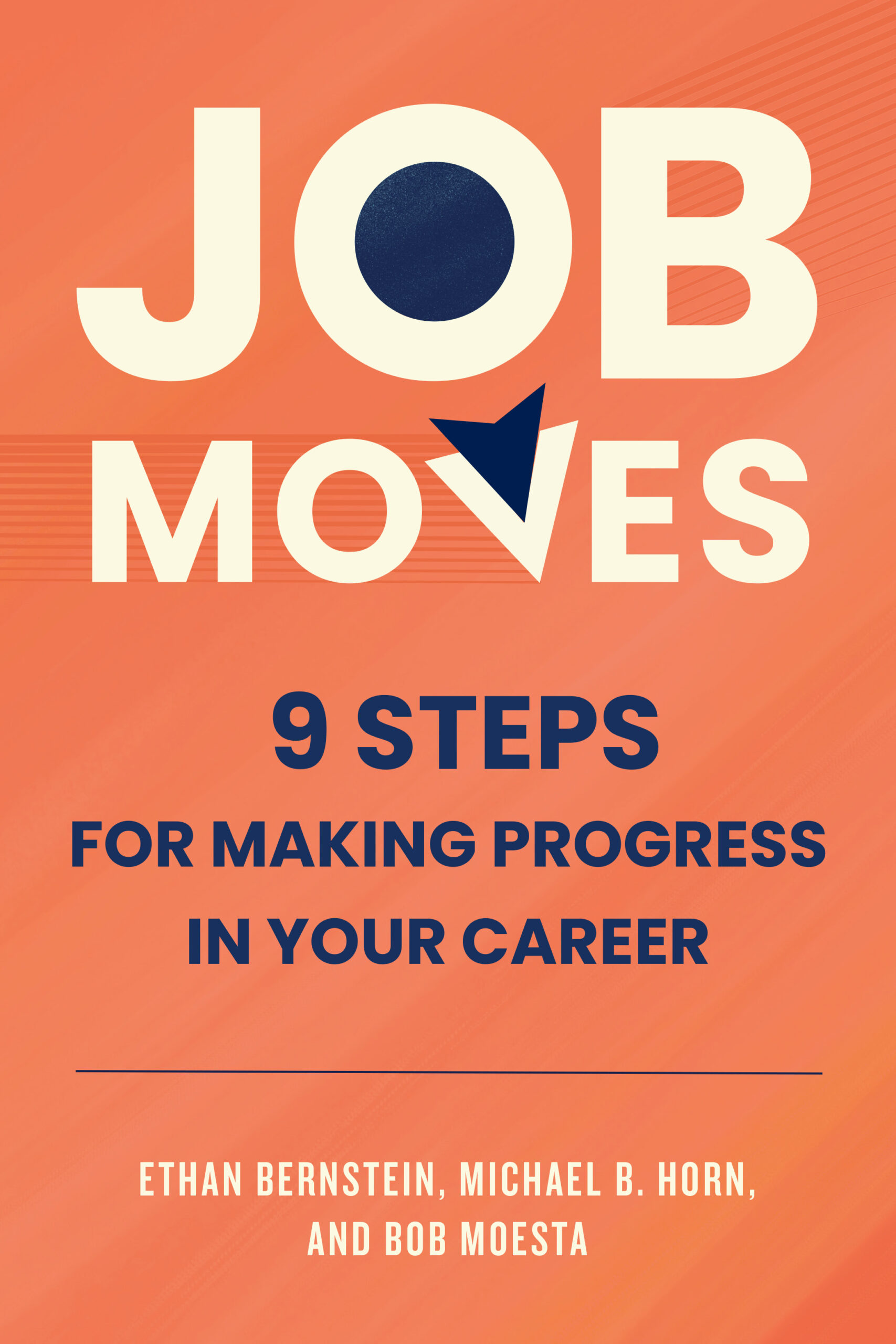
Law School Applicants Should State Their Cases on the First Amendment
In the battle over free speech on campuses the time is right for law schools to take a proactive step — by modifying their admissions process so that they admit students committed to the values undergirding American law.
Law schools are the place to start because it’s especially disturbing that the latest incidents of students stifling free speech on university campuses are occurring at law schools, where students are ostensibly trained in civil argument.
Since students interrupted Federalist Society events at the University of California’s Hasting College of Law and Yale Law School, much of the press’s attention has focused on the email from Judge Laurence Silberman, who rides the District of Columbia Circuit.
Judge Silberman’s email, sent to fellow federal judges, urges his colleagues to “carefully consider” before hiring as a clerk someone who suppressed free speech at Yale.
Although that reactive move seems right, law schools should also take a proactive step. Judge Silberman’s email drew wide notice in part because of his venerable status among senior American judges.
Law schools should modify their application process to admit students committed to the values undergirding American law.
Today’s law school application process is fairly standardized across most law schools. Students submit their college grade point averages, their LSAT scores, resume and letters of recommendation, along with some set of essays.
At Yale, for example, prospective students submit a personal statement so that the admissions officers can “learn about the personal, professional, and/or academic qualities an applicant would bring to the Law School.”
They also write a 250-word essay to illuminate an “academic, extracurricular, or professional work that is of particular interest.”
This last essay doesn’t have to be law-related. It should be, though, given the free speech incidents and the perception, if not reality, that there is a lack of understanding of what it takes to be in a community where ideas are openly discussed and debated.
Law schools could add, say, the following essay question: What is your experience with the First Amendment, and do you embrace it? Answering such a question shouldn’t be too onerous for a prospective lawyer.
The answers that involve a personal element combined with a reflection could also be instructive to the admissions committee, perhaps more so than the difference between a student who scores a 170 versus one who gets a 172 on the LSAT, a test with moderate correlation with first-year law school grades.
Such an essay question also lends itself to a diverse array of personal responses, which is important to law schools with a stated desire to admit diverse classes. Yet it would hold as common an underlying value central to our country — free speech.
Asking such a question in the application would also clarify for applicants — before they have enrolled — that law schools take seriously core elements of our law.
If law schools feel that there are other core values beyond those in the First Amendment that they would like to know about in prospective students, they could modify their applications to offer applicants a choice of prompts about a range of laws and legal concepts with values central to our country.
Given the challenges some students — and faculty members — have consistently had with universities being not just places of free speech but also places where ideas should be discussed and debated openly and vigorously, focusing on the First Amendment seems like a good start.
Taking this step would also help to restore some small measure of faith in colleges and universities across the political spectrum, as just 25 percent of Republicans and 31 percent of independents believe that higher education is on the right track. That compares to 58 percent and 48 percent, respectively, believing it is on the wrong track.
Such a modification of the application is also not without precedent. Business schools were quick in the wake of the scandals of Enron and WorldCom in the early 2000s to add essay questions on the MBA application about ethics — something critics felt was in short supply among business school students. Law schools ought to follow suit.

0 comments